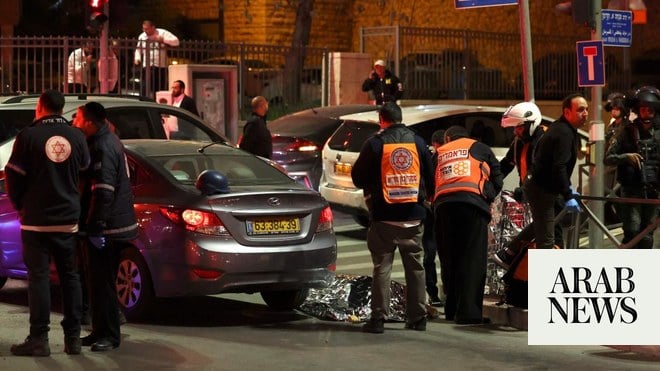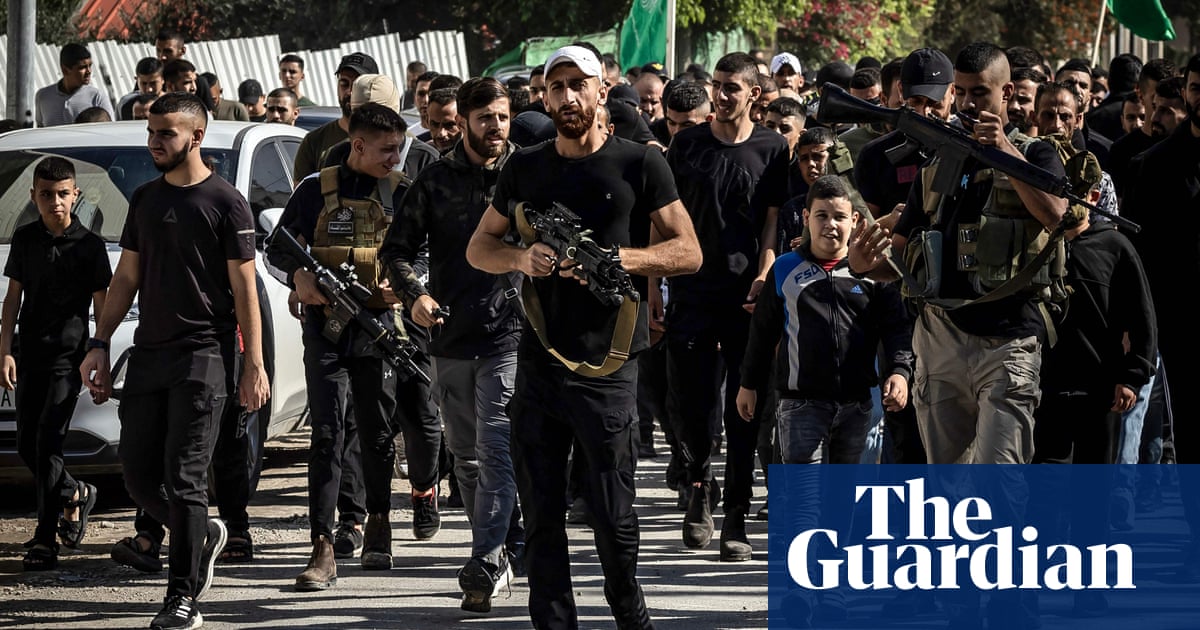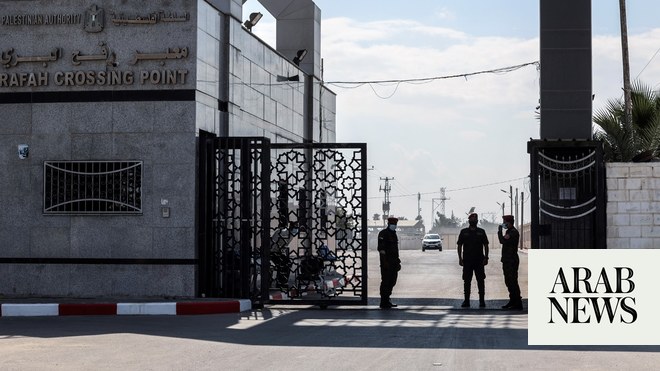
No group has claimed responsibility for the car bomb in Ghazni
In another attack in Zabul province, a suicide bomber drove an explosives-laden car into an armored vehicle
KABUL: A suicide car bomb near a military base in Afghanistan’s central province of Ghazni killed 30 members of the security forces on Sunday, with the death toll expected to rise. It was one of the deadliest attacks in the country in recent months.
“We have received 30 bodies and 21 (were) wounded from this attack. All of them are security personnel,” Zahir Shah Nikmal, director of Ghazni’s public health department, told Arab News.
Nikmal said that the security forces were inside the compound when the car bomb detonated near the entrance of the military base in Qalaye Jawz, on the outskirts of Ghazni, 140 km southwest of the capital, Kabul.
In another attack in adjacent Zabul province, a suicide bomber drove an explosives-laden car into an armored vehicle carrying the head of the provincial council of the adjacent Zabul province.
Atta Jan Haqbayan, the provincial council chief, “suffered superficial injuries along with 22 other people, some with serious wounds,” said a spokesman for Zabul’s police.he said.
“Both attacks were cowardice, the enemies cannot face our forces face to face so instead resort to terror,” Interior Ministry spokesman Tariq Aryan said.
There was no claim of responsibility for the attacks, which follow an uptick in violence across the country.
It comes amid the peace negotiations in Doha, Qatar, which were initiated as part of a historic accord signed between the Taliban and Washington in February this year to end decades of conflict.
President Ashraf Ghani’s government accuses the Taliban of staging a majority of the attacks and has long demanded that the group enforce a ceasefire while the Qatar talks continue.
The Taliban have denied responsibility for the attacks and refuse to announce a truce, arguing that the clause was not included in the February accord.
Under the deal with Washington, the Taliban were required to halt attacks on foreign troops who are expected to leave Afghanistan as early as next spring.
Ghani’s government has shown deep frustration with the February accord as it was excluded from the secret negotiations and is hoping that a new administration in America would review the deal and retain some troops.
After weeks of deadlock in Doha, Mohammad Naeem, a spokesman for the Taliban in Qatar, said yesterday that both the teams had agreed on “procedural rules” to start the negotiations.
“The procedure of intra-Afghan talks between the negotiating teams was completed and finalized in 21 articles on Nov. 15, 2020,” he tweeted on Saturday.
However, Nader Nadery, a spokesman for the government-appointed negotiators in Qatar, said that while they were “nearing a breakthrough,” the deadlock in talks remained.
“The negotiation teams of both sides have ONLY agreed in principle to the 21 articles of the rules and procedures, with the exception of the introduction because it requires further discussion & clarification ... the rules and procedures will only be considered final once it is presented to the general meeting of both delegations & approved there,” he said in a statement.
Speaking on condition of anonymity as they were not authorized to talk to the media, two government delegates from Qatar told Arab News late on Saturday that “Ghani was opposing the start of the negotiations and interfering in the affairs of the high council of peace,” a body selected for the advancement of talks with the Taliban, because “he would be required to hand over power to any future administration which would be set up based on the accord.”
“Any type of president’s interference is irrelevant, and the delegation should be accountable to the high council of peace, not to the president,” one official said.
Representatives at Ghani’s office were unavailable for comment.
“The development in Qatar seems like a small political coup against the president,” Taj Mohammed, an analyst, told Arab News.
The breakthrough in talks, if true, will meet a key criterion set by international donors last week who pledged to provide more than $12 billion of aid to Afghanistan for the next four years, provided there was progress in the intra-Afghan peace negotiations.












